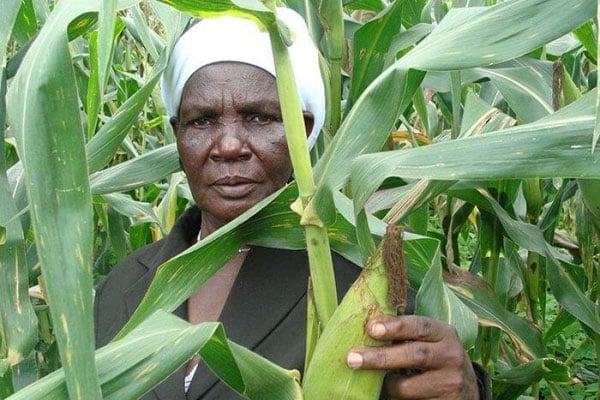Prime
Should Uganda introduce GM crops?

Author: Mr Michael Ssali. PHOTO/FILE
What you need to know:
- Some of the big challenges we face today, apart from population explosion, are climate change and the arrival of new crop diseases that have no known chemical cure.
Given the rapid growth of our population and the increasing demand for good and nutritional food there is an obvious need to take advantage of the benefits of science and technology to promote agricultural production with a view to produce not only food but also raw materials for industrial development and job creation.
Some of the big challenges we face today, apart from population explosion, are climate change and the arrival of new crop diseases that have no known chemical cure.
Extreme weather conditions such as long droughts, unbearable heat waves that are driving our schoolchildren out of classrooms, and floods resulting in bridge breakages, don’t support agricultural production.
Nor do the incurable crop diseases such as cassava brown streak disease, banana bacterial wilt, coffee wilt disease, and a host of others help to promote farming.
Yet we know that Ugandan scientists in the National Agricultural Research Organisation (Naro) have come up with biotechnological (GM) solutions to some of the problems facing agriculture today but the farmers cannot take advantage of the solutions because Uganda has not officially accepted GM crops to be grown in the country.
Many other African countries are already taking advantage of the benefits of GM technology to overcome the various agricultural challenges facing them. In her end of year message, Dr Margaret Karembu who heads the Nairobi based International Service for the Acquisition of Agri-biotech Applications said that adoption of GM technology in Africa is growing and not declining.
She wrote: “In this regard, we believe that our work would be incomplete without the benefits of modern tools to farmers who form the cornerstone of Africa’s food systems. Our efforts over the years have contributed towards increased adoption of genetically modified crops in Africa.”
Most people, who do not support the adoption of GM crops, think that they are a risk to health. Yet, according to Uganda Biosciences Information Centre (UBIC), this is false.
The World Health Organisation (WHO), Food and Agriculture Organisation (FAO), American Medical Association (AMA), European Food Safety Association and a whole range of other science organisations have all said there are no health risks associated with eating GM food. Nor have they indicated in any way that regulated application of GM technology in farming is risky to the environment.




